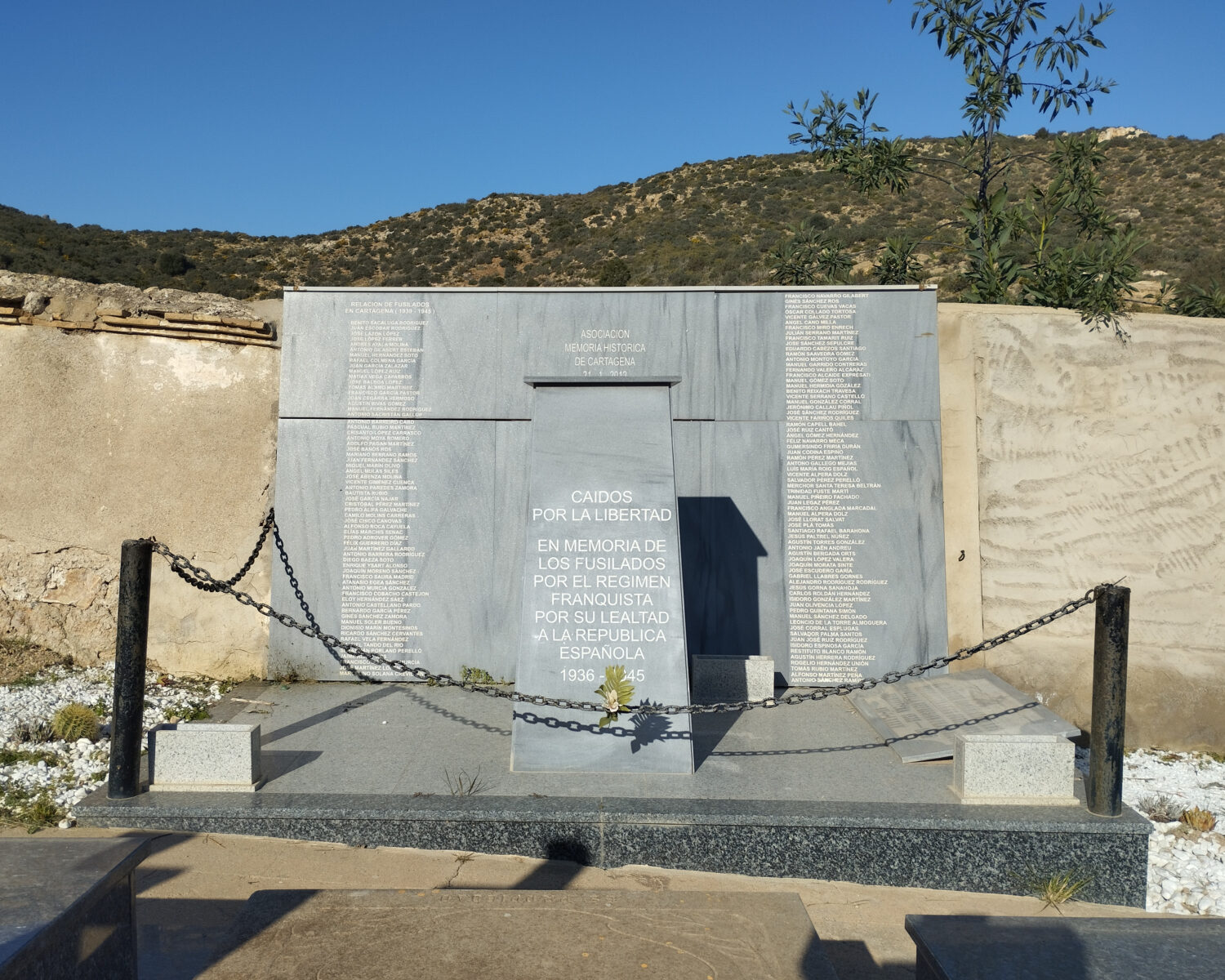
A Missed Opportunity to Redress Franco’s Victims of Torture and Other Grave Violations in Spain
By Alejandra Vicente, Head of Law
As we marked the third anniversary of the Law on Democratic Memory, adopted by Spain on 19 October 2022, we are deeply concerned about the lack of effective investigations, prosecutions and sanction for cases of torture and other grave violations that took place in Spain during Franco’s dictatorship.
The Law brought positive developments, such as the creation of the Prosecutor’s Office for Democratic Memory and Human Rights, with the mandate to promote criminal investigations into serious violations of international human rights law and international humanitarian law that took place within the timeframe of the Law. Yet, justice remains elusive for Franco’s victims of torture and other grave violations.
In recent years, more than 100 complaints have been filed alleging torture, forced disappearances, extrajudicial executions, the theft of babies, and slave labor, among other violations. More than a dozen of these complaints were filed after the Democratic Memory Law came into force. All have been dismissed so far.
Many of Franco’s victims of torture are still alive and have been taking all possible steps to ensure their right to justice and reparation. This is the case of Carles Vallejo, a union leader, who was arrested in 1970 when he was 20 years old by the Political-Social Brigade and subjected physical and psychological torture in retaliation for his political activity. Carles filed the first case following the adoption of the Law on Democratic Memory. Yet, the 18th Court of Instruction of Barcelona rejected his case without conducting any investigation, citing the statute of limitations on the crime and the principle of legality, as well as the Amnesty Law of 1977. The eighth section of the Provincial Court of Barcelona upheld the decision, and the Constitutional Court ultimately dismissed the appeal for protection. Carles has now brought his case before the European Court of Human Rights.
As an organization devoted to seeking justice and reparation for survivors of torture, REDRESS is deeply concerned that the Law on Democratic Memory has so far not proven an effective remedy for torture survivors who are still seeking justice and reparation by the Spanish authorities. We urge the Spanish authorities to take measures to ensure the effectiveness of the the Law, honouring the principles of truth, justice, and reparation that guided its adoption.
Photo by: P4K1T0 CC 4.0. Monument to those who fell for freedom (Monumento a los Caídos por la Libertad).
